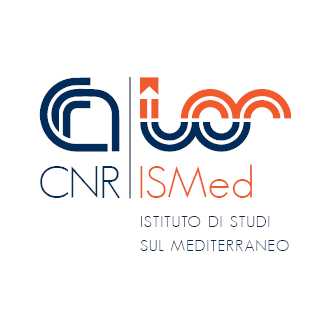Tania Toffanin

Profile
Tania Toffanin is a sociologist and researcher at the National Research Council.
She holds a degree in Political Science from the University of Padua and a PhD in Labour Sciences from the University of Milan.
She is maître de conférences (CNU section 19, Sociology and Demography) awarded by the Ministère de l’Éducation Nationale (France) on 7 February 2020.
She has worked as a technical officer at the International Labour Organisation (ILO) and consulted for the ILO Office for Central and Eastern Europe. She was a staff member of the European Foundation for the Improvement of Living and Working Conditions (EIRO) in Dublin from 2007 to 2012.
In 2017, she was chercheuse invitée at the Laboratoire Interdisciplinaire de Sociologie Économique (LISE-CNAM/CNRS) in Paris. In 2015, she won a 9-month Fernand Braudel fellowship (FP7-PEOPLE-COFUND-2008 – Marie Curie Action) at the Collège d’Études Mondiales (Fondation Maison Sciences de l’Homme) in Paris. She was a research fellow at the University of Nottingham (UK) and the University of Berkeley (California, USA).
She has been the holder of several research grants at the University of Padua and the Ca’ Foscari University of Venice, where she has also taught as the holder of teaching contracts (“Sociology of Labour”, “Logic of the Social Sciences”, “General and Educational Sociology” and “Families, Gender and Pluralism”) and supervised dozens of dissertations.
She has collaborated on research projects with the Confederazione Generale Italiana del Lavoro (CGIL), Transform Europe, Associazione Giuslavoristi Italiani (Milan section) and the European Commission.
She is affiliated with the following centres: Laboratoire Interdisciplinaire pour la Sociologie Économique (LISE-CNAM/CNRS) and Collège d’Études Mondiales-Fondation Maison des Sciences de l’Homme in Paris, and the Elena Cornaro Centre in Padua.
She is a member of the Italian Sociology Association and the Italian Society of Labour History (SISlav).
Her research activity focuses on the analysis of the composition of the employment system from a diachronic and gender perspective, working conditions in labour-intensive sectors, gender inequalities in employment, processes of job insecurity, social inequalities and new forms of poverty.
Last update
29 March 2024, 16:36

 CNR – ISMed
CNR – ISMed